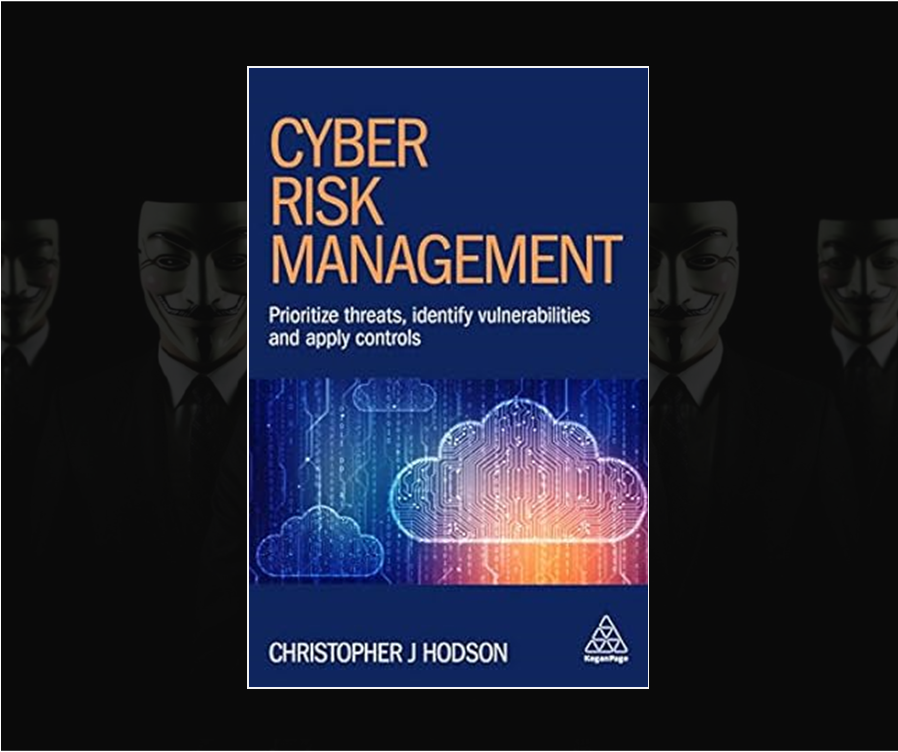CYBER INSURANCE: CYBER INSURANCE KPI/ Best-practice Cyber Cover for SMEs
September 8, 2024WHAT IS CYBER INSURANCE – Cyber Insurance: Essential Shield for Small Businesses in the UK and EU – CyberKPI: Explore the essential guide to cyber insurance for small businesses in the UK and EU, covering its necessity, types, benefits, costs, and the process to secure coverage.
Overview of Cyber Insurance for Small Businesses in the UK and EU
Cyber insurance serves as a critical financial safety measure for small businesses in the UK and EU, aimed at mitigating the financial risks stemming from cyberattacks and data breaches. With the rapid digitisation of business processes, the global Cyber Insurance market is projected to grow significantly, from $14 billion in 2023 to $29 billion by 2027, driven by heightened awareness of cyber threats and the necessity for regulatory compliance. This is particularly relevant for small businesses, as 87% of decision-makers express concerns about their inadequate protection against cyber risks.
The financial implications of cyber incidents can be staggering, with the average cost of a data breach for small businesses reaching an alarming £2.6 million cyber security challenges. Such figures underscore the importance of cyber insurance not just in protecting financial assets, but also in maintaining customer trust and safeguarding a business’s reputation in the increasingly competitive market.
The Need for Cyber Insurance
The rise in cyber threats has been alarming, particularly with Ransomware payments soaring from $567 million in 2022 to $1.1 billion in 2023. For small businesses, which often lack the resources to implement comprehensive cybersecurity measures, the need for Cyber Insurance becomes even more pressing. Legal requirements in the UK and EU mandate that businesses ensure robust data protection, making Cyber Insurance an essential component of compliance strategies.
Micro and small businesses frequently rely on IT service providers for cybersecurity advice, which can sometimes create gaps in direct access to effective risk management. With potential regulatory fines reaching as high as £17.5 million for data breaches, having Cyber Insurance can significantly alleviate the financial burden and enhance a business’s capacity to respond effectively to cyber incidents

Types of Cyber Insurance Available for SMEs
Cyber Insurance policies can be broadly categorised into first-party and third-party coverage, tailored to meet the specific needs of small businesses. First-party coverage addresses costs related to investigation, data recovery, system restoration, and reputation management after a cyber incident. For example, a small e-commerce business might utilise this coverage to recover lost sales and manage customer notifications following a data breach.
Conversely, third-party coverage protects against damages, settlements, and legal defence costs arising from data breaches impacting clients or customers. Additional policy options may include cyber liability insurance, data breach insurance, and business interruption insurance, which covers income loss during temporary closures caused by cyber incidents. Some policies also offer coverage for regulatory fines and public relations efforts aimed at managing reputational damage post-breach.
Benefits of Cyber Insurance for Small Businesses
Cyber Insurance provides a safety net for small businesses by covering substantial costs associated with cyber incidents, such as legal fees, identity restoration, and customer notifications. For instance, the 2011 data breach affecting Sony’s PlayStation Network resulted in costs exceeding $171 million, highlighting how Cyber Insurance could have mitigated such financial losses.
Additionally, the insurance can support income loss during periods of business disruption caused by cyber incidents through business interruption coverage. Notably, securing Cyber Insurance may also lead to lower premiums in the long run as businesses enhance their cybersecurity practices, demonstrating to insurers their commitment to risk management. Moreover, many insured businesses gain access to valuable risk management services, which aid in implementing robust security measures.
Costs of Cyber Insurance for Small Businesses
The costs associated with Cyber Insurance premiums can vary significantly, influenced by factors such as annual revenue, industry sector, data type handled, and the overall security posture of the business. For instance, businesses operating in high-risk sectors like finance and healthcare may face elevated premiums due to the sensitive nature of the data they manage.
Maintaining strong cyber hygiene and demonstrating a commitment to cybersecurity can help reduce insurance costs and improve the overall security framework of the business. It is worth noting that as the frequency and severity of cyber incidents continue to rise, the cost of Cyber Insurance is anticipated to increase, necessitating businesses to stay proactive in their cybersecurity strategies. Discounts may also be available for those who implement robust cybersecurity measures, such as regular employee training and continuous monitoring of systems.
Business Process for Obtaining Cyber Insurance
The journey to securing Cyber Insurance begins with a thorough risk assessment to identify potential vulnerabilities within the business. Following this evaluation, businesses should compare various policies and providers to choose the coverage that best meets their specific needs. Engaging with a reputable insurance broker can facilitate this process, ensuring clarity regarding policy terms and the claims process.
It is advisable for businesses to document all cybersecurity measures and any past incidents to provide insurers with a clear picture during the application process. Regular review and updates of Cyber Insurance policies are also essential to keep pace with evolving cyber threats and the growth of the business.
Importance of Cyber Insurance for Small Businesses in Today’s Digital Landscape
In today’s digital landscape, cyber insurance is becoming increasingly vital for small businesses in the UK and EU to protect against the growing number of cyber threats while ensuring compliance with data protection regulations. By understanding the various types of coverage, associated costs, and benefits of Cyber Insurance, small businesses can make informed decisions to safeguard their operations and reputations.
As cyber risks continue to evolve, so too must the strategies employed to manage them, making Cyber Insurance a crucial aspect of modern business practices. Integrating Cyber Insurance into overall risk management strategies can significantly enhance a business’s resilience against cyber threats. Ultimately, proactive measures, including securing Cyber Insurance, can provide a competitive advantage in the marketplace by demonstrating a commitment to security and risk management.

What is a VPN & Does my SME Need one? A VPN is a Virtual Private Network a method of securing your communications credentials. When it comes to Small and Medium-sized enterprises (SMEs), the choice of VPNs can significantly impact the security and efficiency of their operations.
The NordVPN service allows you to connect to 5600+ servers in 60+ countries. It secures your Internet data with military-grade encryption, ensures your web activity remains private and helps bypass geographic content restrictions online. Join NordVPN Today and Save up to 73% and Get 3 months Extra Free – Rude Not to …!
CYBER Insights – Helping keep Small Business CYBERSafe!
Launched in 2020 by Cybersecurity Journalist Iain Fraser and his team at IfOnlyCommunications, CYBERInsights was developed to be the go-to platform providing definitive, reliable & actionable Cybersecurity News, Intel & Awareness Training for SMEs throughout Europe (UK & EU) as they as they further embraced new Technologies and Business Practices.












